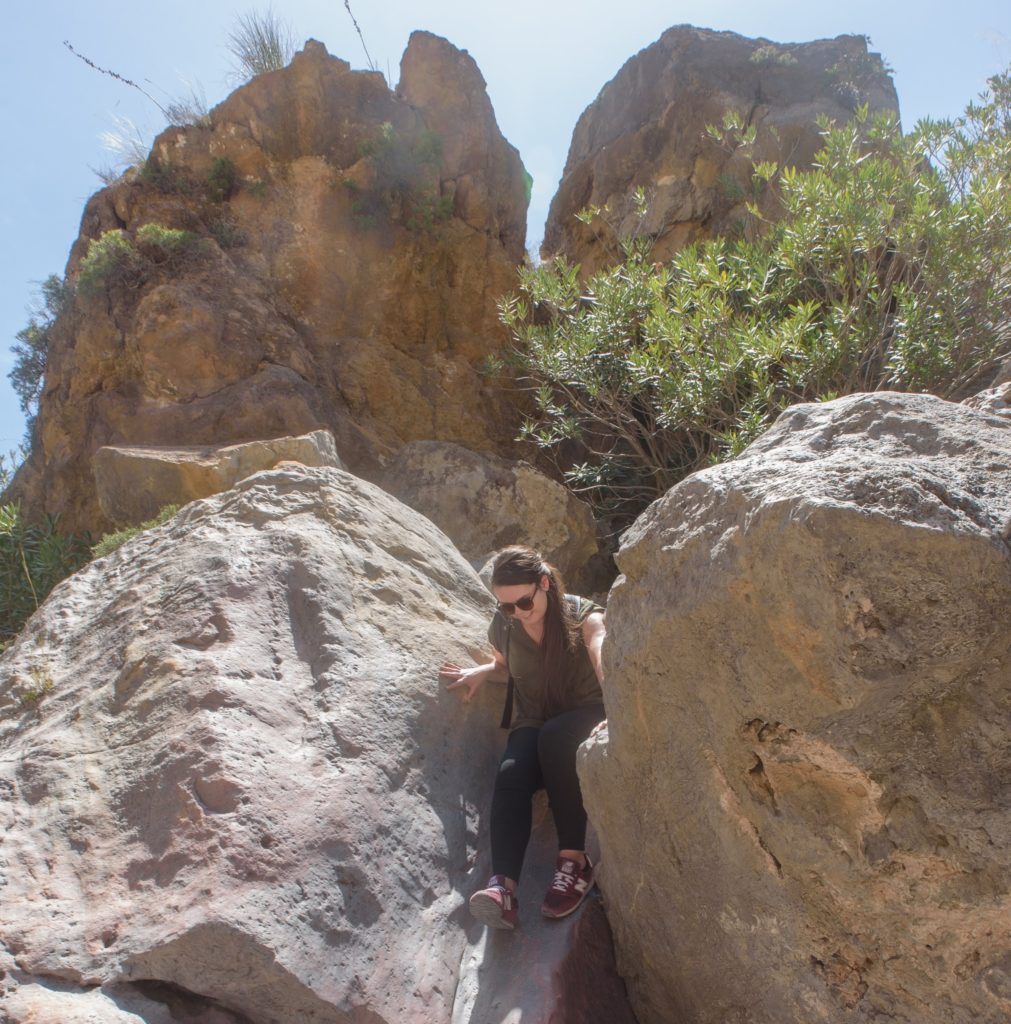
| Academic Year | 2020-2021 |
| alally01@qub.ac.uk | |
| Institution | Queen's University, Belfast |
Biography
School: School of Natural and Built Environment
Project: Source-to-sink dynamics and palaeo-environment reconstruction from a dynamically evolving glacial foreland
Supervisors: Dr Alastair Ruffell & Professor Brice Rea
Undergraduate Education: BSc (Hons) Earth Science, Trinity College Dublin
Postgraduate Education: MSc Environmental Science, Trinity College Dublin
Research: I’m Amy, a PhD candidate starting in the Geosciences department of Queens University Belfast. I completed my undergraduate in Earth Science and my master’s in Environmental Science, both at Trinity College Dublin. Since graduating, I’ve been working in an environmental consultancy in London undertaking water risk assessments across the UK. The last four years, although enjoyable, have not fulfilled my desire to contribute to climate change research, and thankfully this year I found the perfect QUADRAT DTP project.
My project is ‘Source-to-sink dynamics and palaeo-environment reconstruction from a dynamically evolving glacial foreland’. I will be reconstructing the paleo-environments from Jökulsárlón lake sediments in unison with extensive geomorphological mapping and ground penetrating radar surveys of Breiðamerkurjökull foreland. The aim of my research is to improve the understanding of what is occurring above and below the surface during ice margin retreat. This can assist us on putting the amplified response of glaciated areas to current climate change into prospective while helping us anticipate the impact of current and future deglaciation.
I love being out in the field, trying to reconstruct the past by examining the landscape left behind. I am grateful for the opportunity to study in this area of Iceland – the site of many important advancements in modern glacial geology. I will also be applying geophysical methods, which is new to me. I can’t wait for the challenge and very curious to see what we will find.
I’m excited to move to Belfast and join QUADRAT as part of Cohort 2 – albeit a bit more virtual than usual!





















































